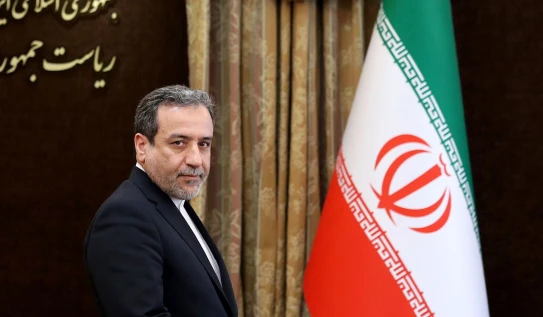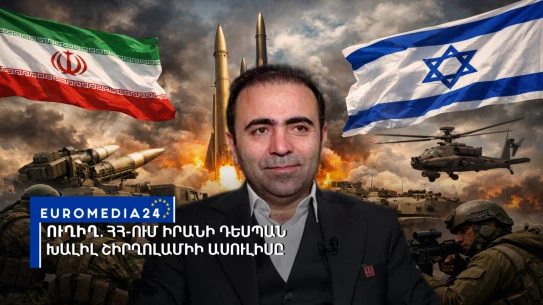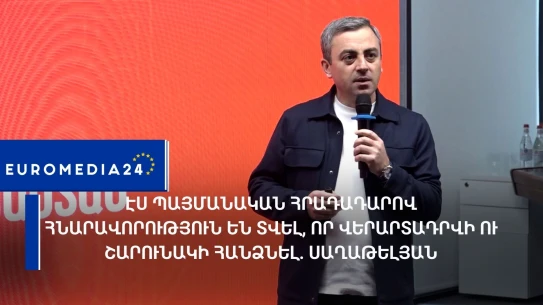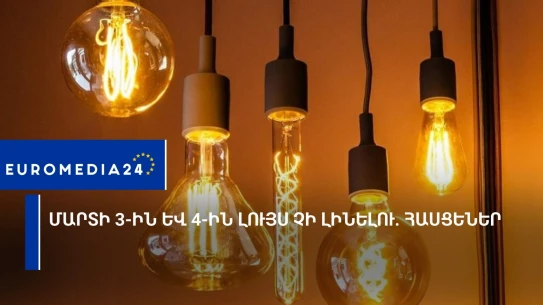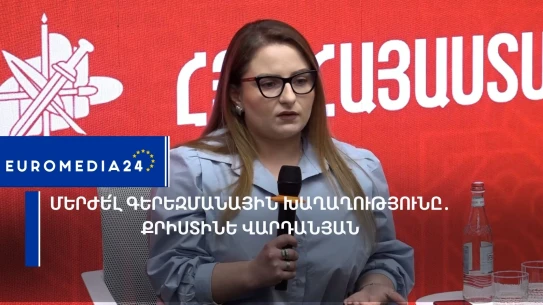The global conflict is at a dangerous stage: Vitali Balasanyan was questioned (video)
Araghchi called the assassination of Khamenei an attack against the principles of international law
DIRECTLY: The press conference of Khalil Shirgolami, Iran's ambassador to Armenia
Trump announced that he sees three candidates for the position of the leader of Iran
There will be no light on March 3 and 4. addresses
Reject the peace of the grave. Christine Vardanyan (video)
The war against Iran is getting longer, the situation is getting complicated for us as well (video)
How many days off will there be in March?
News
Military escalation: the region is on fire. There are no losses among Armenians in Iran (video)
"Ghumarbazi" is a psychology, what do you think? What Alen Simonyan said cannot come true (video)
"Israel wants to destroy the Islamic Republic and create autonomies at any cost" (video)
A student was beaten with an iron rod at Etchmiadzin school. what does the school principal say? Armlur
Iran has postponed the farewell ceremony of the Supreme Leader
I have to win against Robert Kocharyan and I will win. Aram Sargsyan
What does Gyumri-2 mean and why does it worry the government? Andranik Tevanyan
Iran launched a new series of missiles towards Israel
A number of US embassies in the Middle East have been temporarily closed
We will cut all ties with Spain. Trump
Our approach is clear. the problems related to the missing and the Armenians kept in Azerbaijan must be solved. Hyper
If Iran lasts for two more weeks, Israel and the USA will write the beginning of the end of their history (video)
Israel and the United States continue to strike Iran
Erdogan stated that Ankara is doing everything to achieve peace in the Middle East
The global conflict is at a dangerous stage: Vitali Balasanyan was questioned (video)
Memorial ceremony in front of the Iranian embassy "Iran is guided by peaceful goals". Shirgholami (video)
They ate 110 million dollars in premiums in five years. Can you imagine what this will be (video)
Nuclear tension in the world. What forces will be in the National Assembly after the elections in RA (video)
The first flight from Oman to Yerevan. evacuation or paid return for 900 euros (video)
An emergency in Gyumri. A completely naked 20-year-old boy was taken to Gyumri Medical Center
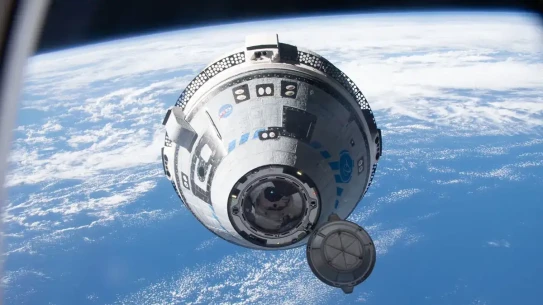
"We almost had a disaster." NASA's belated confession
Scientists have found out what kind of behavior "reveals" a confident man
Scientists have discovered a hidden sign of psychopathy in relationships
Scientists have found a way to "turn off" prostate cancer genes
Products found to be hazardous to the mobility of the elderly
Scientists warn about the deadly danger of vaping
Scientists have created crystals that defy the laws of physics for the first time
Scientists have warned of the high dangers of electric scooters for children
A way to detect brain damage before symptoms appear has been discovered
In his art, the modern has never been separated from the tradition. today is Mansuryan's 87th birthday
The French-Armenian singer will perform in Yerevan
French actress Brigitte Bardot died
The 12th century Armenian church door will be moved to the Armenian History Museum
In 2035, there may be clashes between humans and robots in Europe. Europol
The winner of Eurovision 2024 has refused the trophy because of Israel's participation
Scientists have discovered the chemical composition of small asteroids
A gene editing method has been developed to destroy HIV
Signals emitted by comet 3I/Atlas confirm its natural origin
A new life form has been discovered in Chernobyl
Revival of memory and culture. "The love story of Artsakh" returned to the stage (video)

















